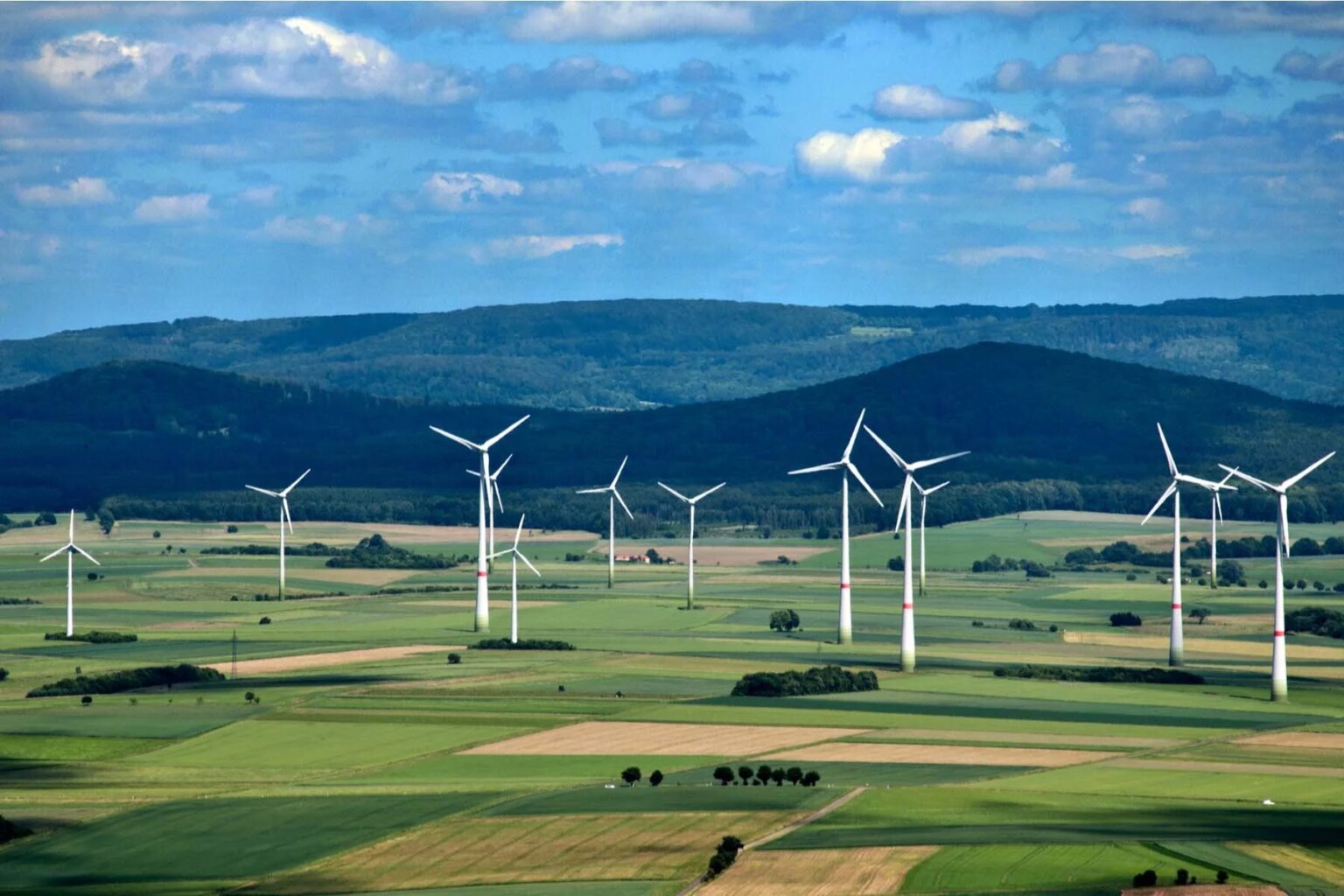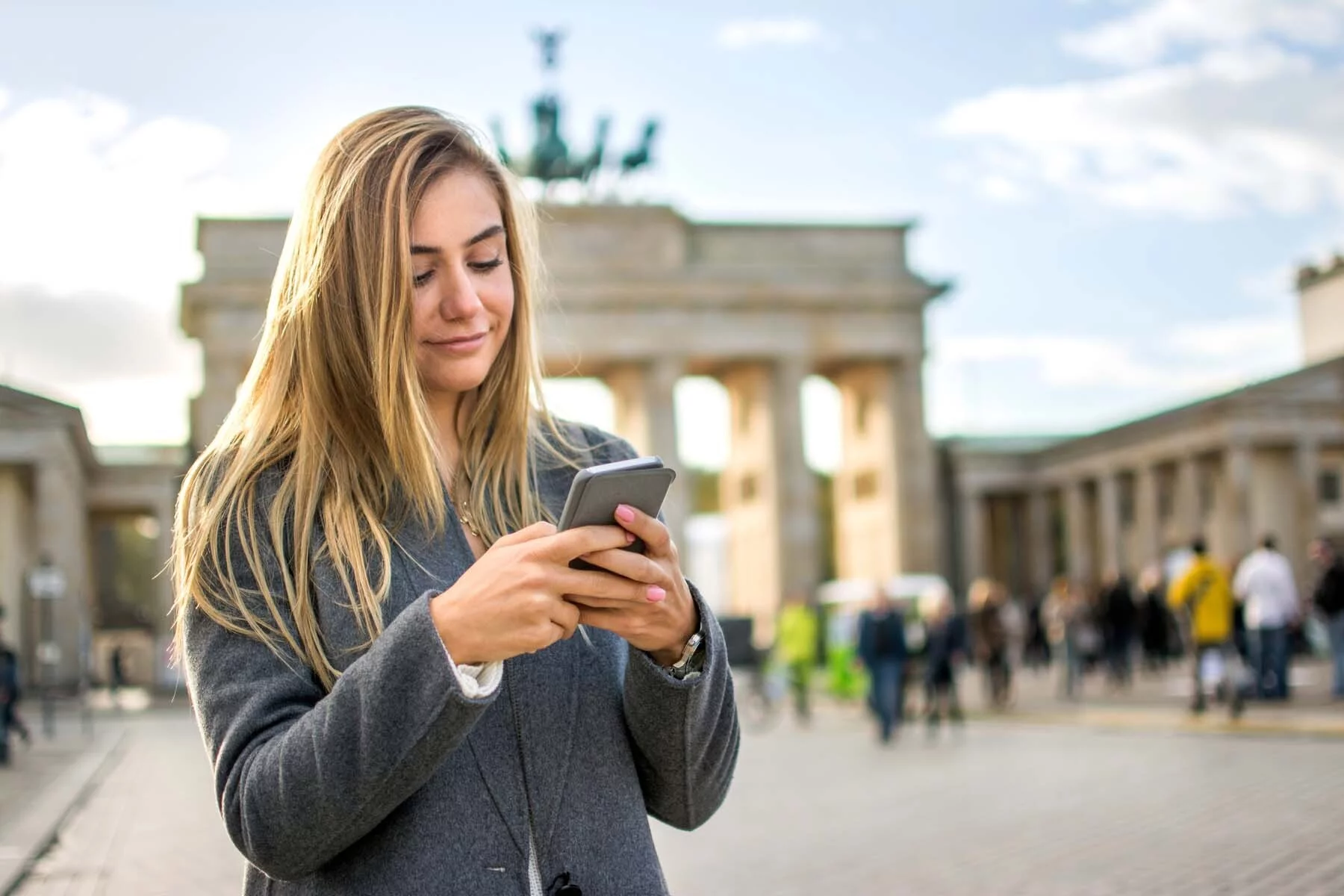Whether you’re moving to a city center studio in Hamburg or a mountainside chalet in the German Alps, one of the first things you’ll need to do is connect your home to the local utilities. This includes setting up your electricity, water, and gas supply. You’ll probably want to connect your home phone, internet, and TV in Germany, too, so make sure you read up on that, as well.
Thankfully, setting up these important connections in Germany is relatively straightforward, and there are plenty of providers and packages to choose from; including an ever-increasing number of sustainable alternatives. Whether you’re buying or renting in Germany, this helpful guide provides information on the following:
PREISVERGLEICH
Looking for the best deal on your energy? Compare your options on PREISVERGLEICH.de. As well as comparisons for utilities, you can explore your options for shopping, insurance, and more. Try out PREISVERGLEICH.de and see how much you could save.
Utilities in Germany
As the largest economy in Europe, it probably comes as no surprise to learn that there is a vast range of options when it comes to setting up your home utilities in Germany. Like many other European countries, the local energy market is liberalized which means that you can choose the electricity and gas supplier that meets your needs; that said, the availability of suppliers will largely depend on your location. Germany produces a significant amount of its own energy, often from renewable sources. However, it remains dependent on energy imports, and Germans typically pay more for their energy than their European neighbors.
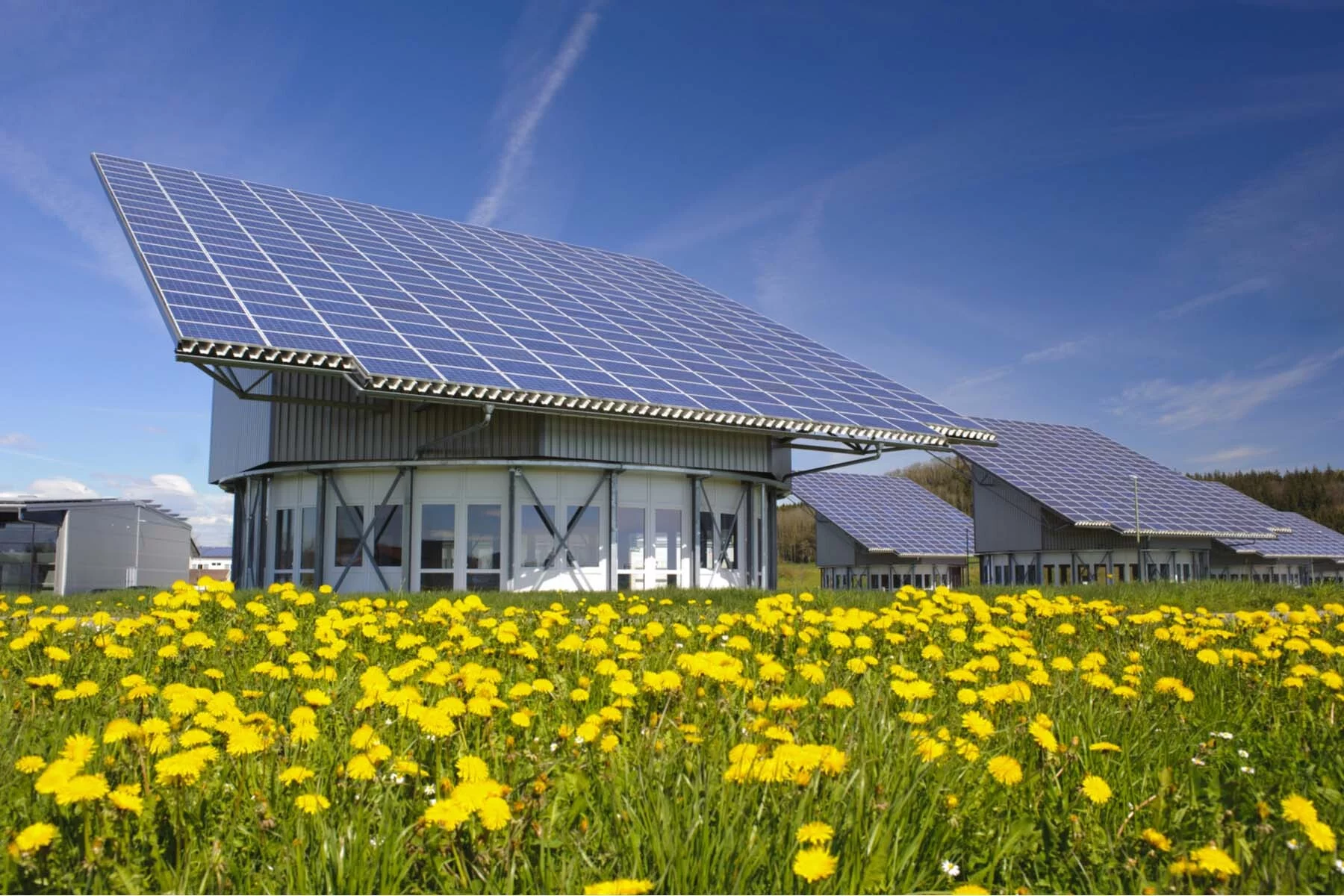
With all this choice and the prospect of paying more than in your home country, however, setting up German utilities can be daunting for expats. But it doesn’t have to be. Most energy companies offer a range of deals, including discounts, should you take out electricity and gas from the same supplier. Many also offer green electricity options, meaning that you’ll be able to choose a more sustainable source of power for your home.
Unlike gas and electricity, water is provided at the local level in Germany and you won’t be able to choose a supplier. Each area in the country will have an arrangement with its own water provider, so you will need to do this by contacting your local municipality. You can find more information about this provider by searching online or contacting local officials.
Getting connected in a new home
Whether you’re fresh off the boat or have been living there for decades, setting up utilities will undoubtedly be high on your to-do list when moving into a new home in Germany.
If you’re buying a property in Germany, it should be possible to transfer the existing utility services into your name from the previous owner or tenant. This will take away the stress of deciding which to choose. However, be aware that you will still have power in a new home, provided it’s not a brand new home without an existing connection. This is because, in Germany, your power connection is automatically connected to the local default supplier. This varies between locations. While this will mean that you won’t be cut off, these default connections are often fairly expensive. Therefore, should this happen to you, you’ll probably want to find your own supplier fairly quickly.
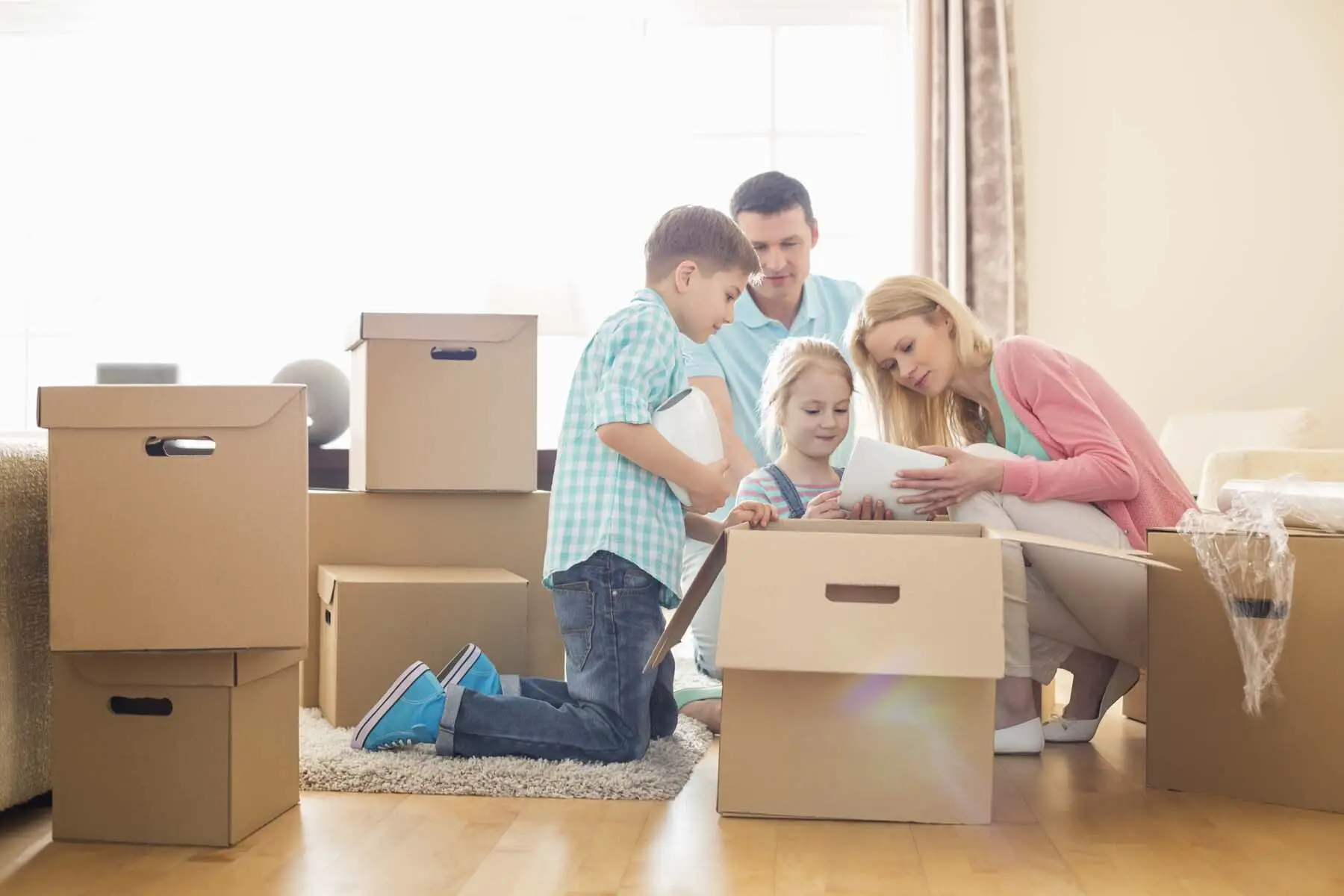
If you’re renting in Germany, it’s possible that your utilities are included in your rent. German apartments are typically rented “warm” (Warmmiete) or “cold” (Kaltmiete), or a combination of the two. While warm apartments may well include additional costs (Nebenkosten) such as heating, electricity, and water, cold rentals will not. Therefore, it is essential that you understand exactly what type of rental agreement you are entering into, and what you can expect to pay for. Ask your landlord if you are unsure.
In a serviced apartment, your utilities are usually included as standard. If you are planning on renting long-term, however, you might be able to find a cheaper utility provider. That said, signing a contract with a new provider may not be worth your while if you are only staying short-term.
Setting up electricity and gas in Germany
As you might expect, the German energy network is well-developed and efficient, with one of the highest reliability rates in the world. The network itself is operated and maintained on a regional level. However, it is unlikely that you will need to deal with the operator itself. Instead, you’ll be able to sort out your home connection through your chosen provider or, if necessary, the default local supplier.
Connection to the electricity network is available throughout the country, with all houses and the majority of apartments having their own individual meter (Zähler). These meters can help you better manage your energy consumption and ensure that you receive the correct charges. Access to natural gas pipelines may not be possible in some rural and mountainous areas. Therefore, should you require gas in these areas, you might want to consider using gas tanks. For more information on setting up connections and finding out more about your options, contact your local municipality office.
Energy suppliers in Germany
The German energy market is liberalized, which means that you can choose the provider that meets your needs. However, despite liberalization, state-owned suppliers have become increasingly popular in recent years. This is due to more stable rates and better investments in green technology. The growing popularity of these state-owned providers has fuelled debate on the renationalization of utilities in Germany. However, for now, new arrivals in Germany have a full range of options when it comes to picking an energy supplier.
Some energy providers operate nationwide, while others are based on a regional level. Rates can vary significantly between providers, with many offering introductory offers and combination deals on energy types. Many also offer green energy products, so it pays to research your options. Energy suppliers in Germany include:
Knowing which supplier to sign up with can be challenging, especially for expats who are faced with a number of options. However, it can pay dividends to shop around before signing up. This can be done easily using a comparison website such as PREISVERGLEICH.de that can easily show you all your options quickly and efficiently.
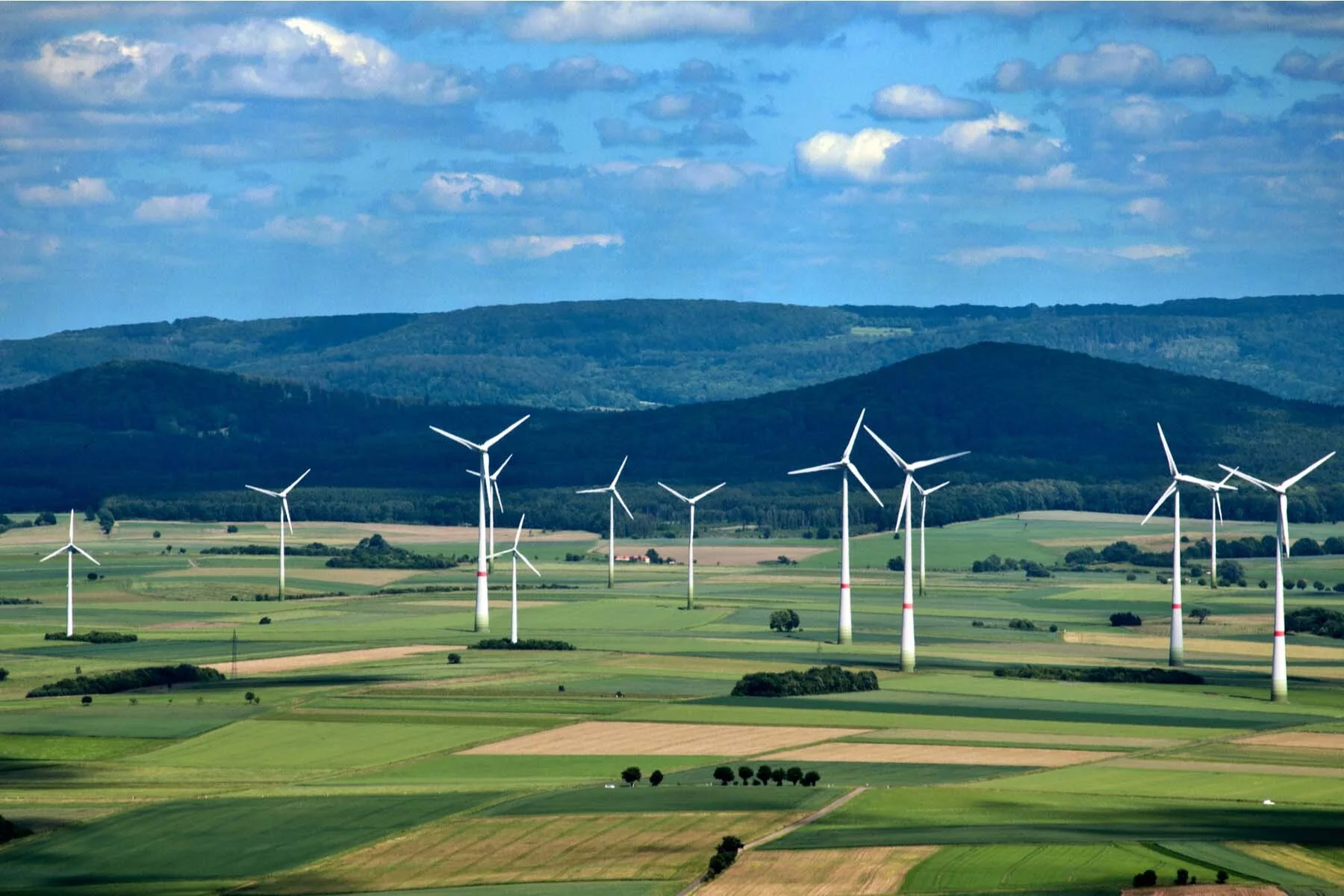
Green energy in Germany
Do you want to live more sustainably in Germany? A quick and easy way to help you do just that is by connecting to a green energy package for your home. Compared to other European countries, the uptake of renewable energy sources in Germany was initially relatively slow. However, in recent years, this has accelerated significantly, with 46% of Germany’s energy coming from renewable sources in 2019.
The market for renewable energy is growing quickly in Germany, with an ever-increasing number of green options for sustainably-minded residents. Some of the larger suppliers also offer green tariffs as part of their product range. However, you may prefer to choose a completely renewable energy company and help them to invest in furthering their green credentials and technology. Companies offering 100% green electricity include:
Connecting your energy supply
Once you have chosen your supplier and energy tariff, it’s time to get your new German home connected to the mains. Thankfully, signing up with an energy provider in Germany is relatively simple. Typically, you’ll be able to do this either via telephone, through a comparison site such as PREISVERGLEICH.de, or the supplier’s own website. To complete the sign-up process, you will likely need to provide the following:
- identity (passport or ID card)
- proof of address
- bank account details (including IBAN – international bank account number)
- meter number (if possible)
- meter reading from moving-in date
You will typically need a local bank account to set up your preferred payment method. This is easy if you are already living in Germany and have a bank account. However, if you are new to the country, you will need to open a bank account that you can use for automatic collection (direct debit). You can do this quickly and efficiently by downloading a mobile banking app like N26 and applying for an account in minutes. For more information, read our guide to mobile banking in Germany.
Paying your energy bills
When it comes to paying your gas or electricity bills in Germany, you will probably receive a bill every month or two months, depending on your supplier. It may even be less frequent than this. During your first year, your bills will likely be estimates. However, you may be able to lower your bill thereafter by providing regular meter readings.
The most common method of payment is either automatic collection or bank transfer. You can set up these payments easily through your bank or on your mobile banking app.
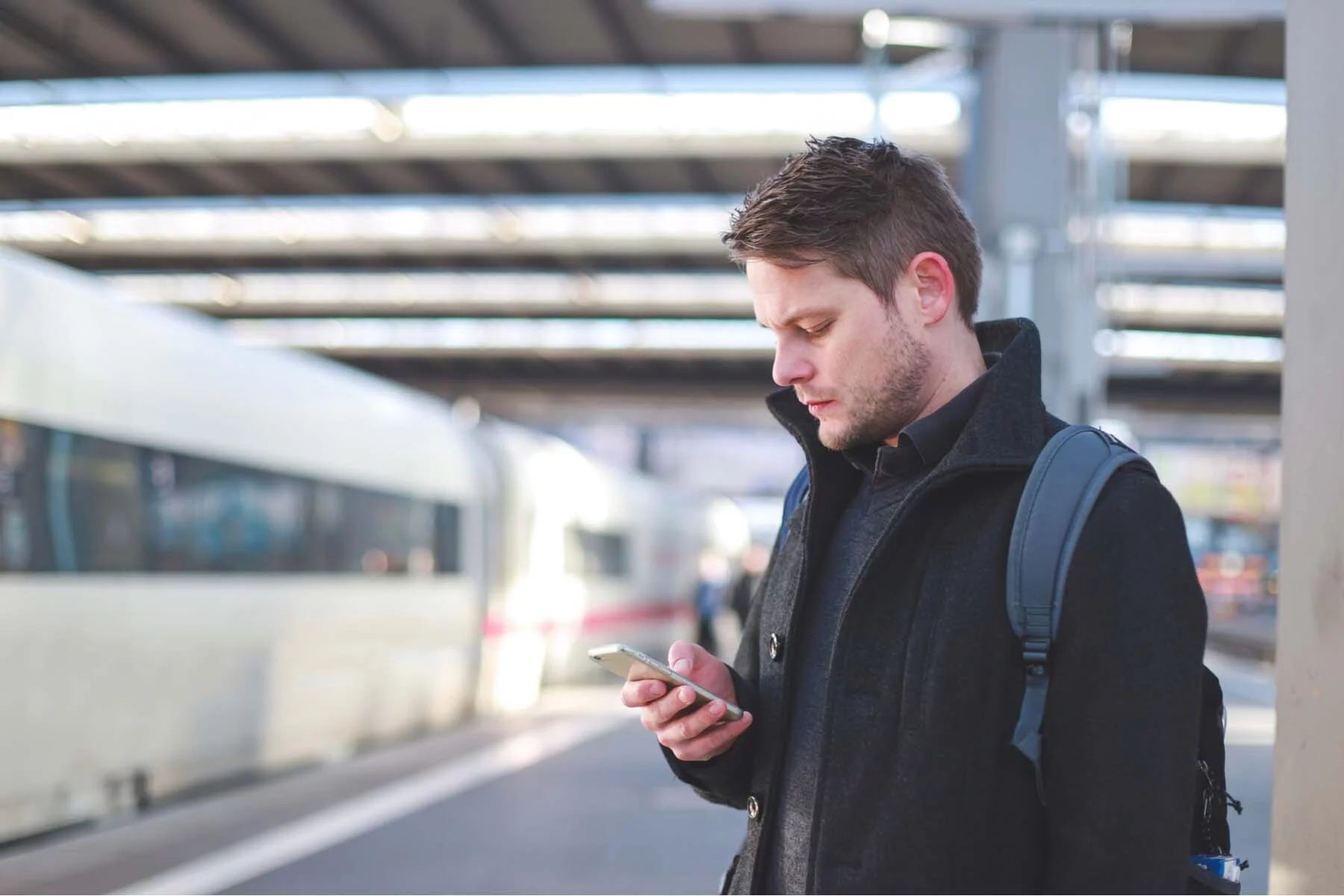
If you’re struggling to keep up with utility bills in Germany, you may be able to apply for government help during any difficult period. Rental support (Mietzuschuss) is available to those who are renting a room or apartment. This support can help with the rent itself, as well as any essential costs such as utilities. Successful applicants must meet requirements (including valid registration documents) and the eligibility criteria, including household income, which will be considered.
Changing energy supplier in Germany
As you might expect, switching providers in Germany is swift and straightforward. Once you have decided on your preferred tariff, you can simply contact your new provider and provide them with all the required information. They will then contact your previous supplier and manage the switchover process. Don’t worry about being left without power during the change, though, as German law dictates that energy companies should keep you connected throughout the process.
Making a complaint about a German energy company
Should you have a complaint or query about your meter, meter readings, or energy bill, be sure to contact your provider as soon as possible. This will give the supplier plenty of time to address the issue. The issue might be resolved immediately. Alternatively, they may send a technician to your home to check the problem firsthand. Details of your supplier’s complaint process can be found on their website.
Energy companies in Germany are regulated by the national regulator, Bundesnetzagentur (BNetzA). If you have a complaint about your energy supplier, or your initial complaint has not been resolved after the allotted time period, you should contact BNetzA and use their mediation service. You can find more information about the mediation process on their website where you can also submit your complaint.
German voltage and power plugs
If you’re relocating to Germany, then make sure that your electrical goods are compatible with the local voltage in your new home. In Germany, this is 220V (50Hz). This is the standard voltage for Europe, but significantly higher than many other non-European countries. Ideally, you should check any appliances you bring from home beforehand to avoid any issues. If there is a mismatch between the outlet and the voltage of your appliances, you’ll need to invest in a transformer to avoid any burnouts or danger.
Sockets in Germany are like those in many other European countries; with two-pin plugs and sockets (Type C and the older Type F). In line with many neighbors, Germany is phasing out light bulbs in favor of LED lights or low-energy-consumption bulbs. There is generally one fuse box per household that holds switches for different parts of the home.
Power cuts in Germany
Power cuts are rare in Germany. However, they do occasionally happen, so make sure that you have a few candles or battery-operated lights just in case. Should you experience one, check if the street lights are working or if your neighbors have power. If the entire neighborhood is out, you should contact your regional power network operator. You’ll be able to find the right number on their website.
However, if it’s just your home without power, then check your fuse box to see if a fuse has tripped or blown. You might be able to solve this yourself. Otherwise, you will need to contact your electricity supplier.
If you need help with electrical repairs, you can often find electricians online, either with a search engine or via platforms such as TaskRabbit. Bear in mind that some electrical work can only be done by a qualified electrician, so check their credentials before hiring them.
Water supply in Germany
The German water system is fairly easy to navigate for recently arrived expats. Water is administered at a local level, and there are many different companies operating across Germany. You won’t be able to choose your provider, however, and will have to sign up with your local one. You can contact your local municipality for more information on your water supplier.
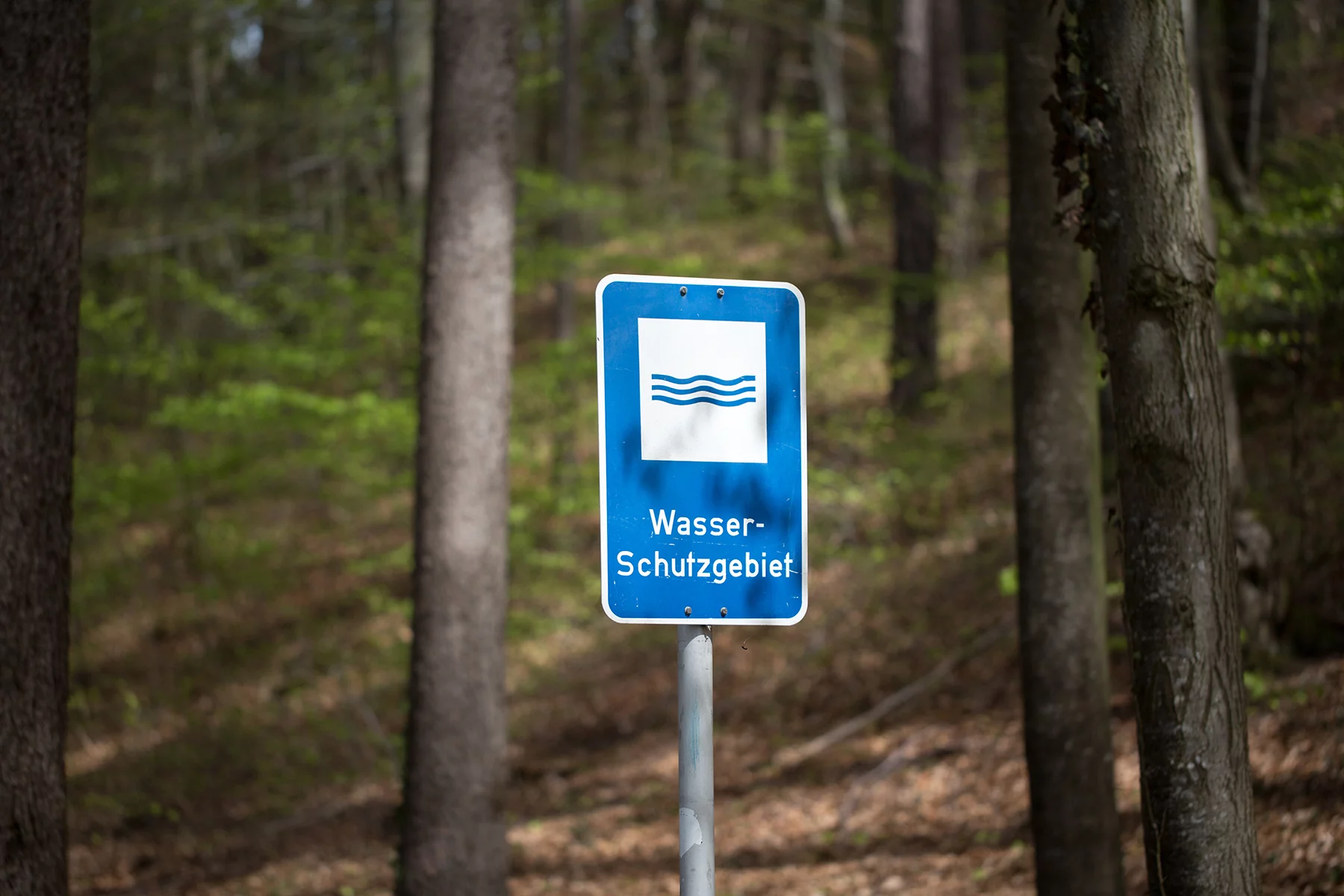
If you’re renting a room or an apartment in Germany, be sure to check whether water is included in the price, particularly if you are renting a room “warm”. Water is often part of the additional costs (Nebenkosten). If you need to set up your own connection, however, you will need to contact your local provider and provide some personal details. This includes your German bank account details and information from your water meter. It’s unlikely anyone from your local water company should need to visit your home unless there is a dispute over the readings.
German tap water
Fortunately, tap water is safe to drink throughout Germany and is of good quality wherever you are in the country. Furthermore, it is regularly tested by local water companies to ensure its quality. As Germany is a large country, water hardness varies significantly, and should you wish to soften your water, you may want to buy a water filter.
Useful resources
- Bundesnetzagentur (BNetzA) – a German energy company regulator
